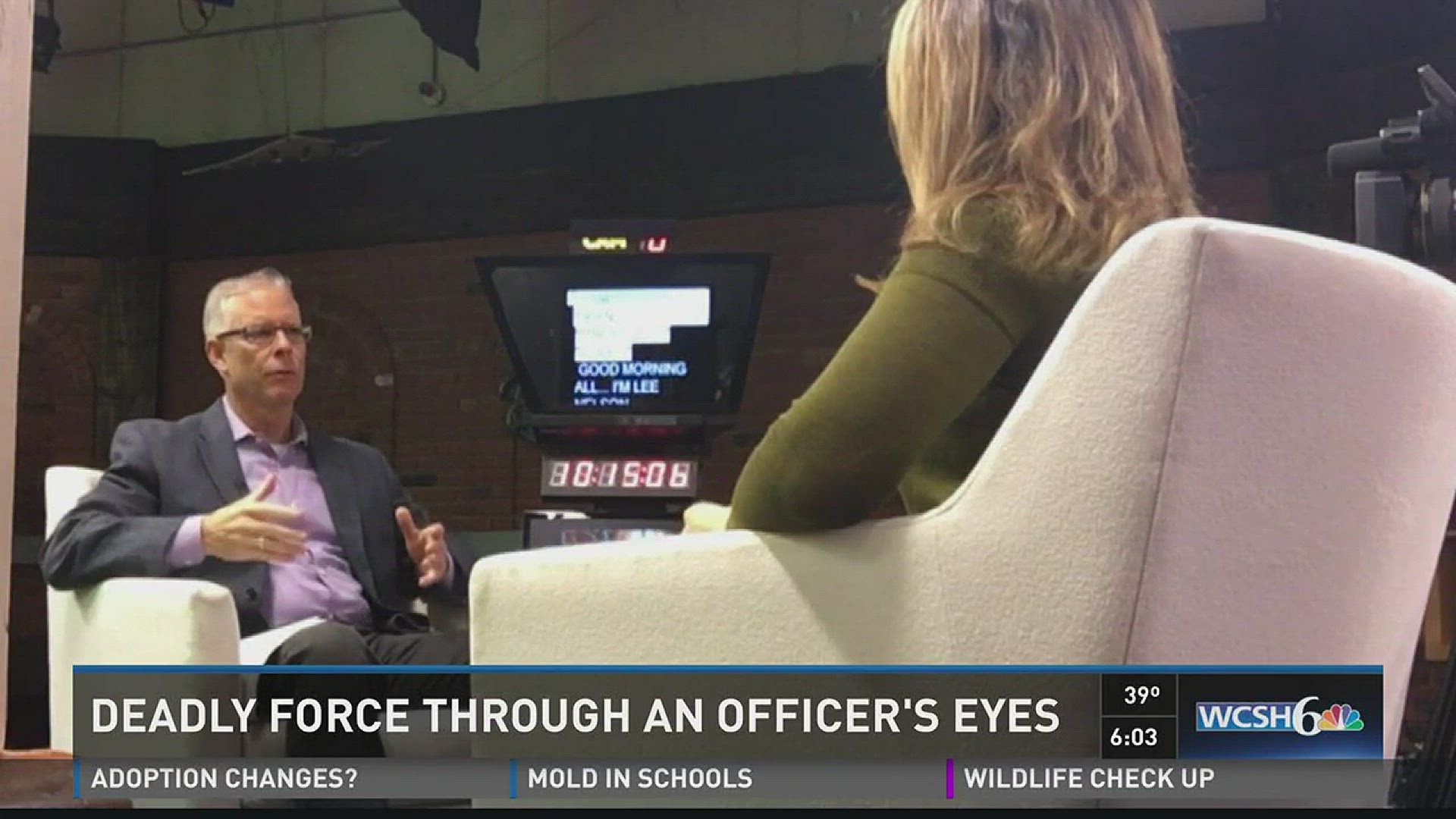PORTLAND, Maine (NEWS CENTER) -- Joe Loughlin was Assistant Chief for the Portland Police Department when he retired. He's since written a book called "Shots Fired," in which he interviews officers involved in deadly shootings.
He spoke with NEWS CENTER on Monday following a deadly shooting in Portland; covering everything from training within departments to the aftermath; the investigations and the backlash.
"The worst case of scenarios anyone can possibly go through is killing another human being," said Loughlin.
These situations escalate so quickly, Loughlin says pulling that trigger becomes a reaction, not a decision.
"Cops know that anything can be deadly and dangerous at any given time, so you get that foundational training. Now you get out onto the street, I think people make the assumptions that police are highly trained in deadly force and use of weapons and there are multiple dynamics that occur with weapons and survival and all of those types of things. The average cop out there is not trained to the levels that people think. The problem is, in many cities, budgets are cut, it happened in my city all the time, they go we have to cut training."
Loughlin says one of the hardest parts of the job is the speculation from outsiders; people who come to their own conclusions before an investigation is over.
"Unarmed doesn't mean the same thing to a police officer as it does to a person. 3,000 people a year are killed in this country by unarmed people, by being strangled to death, punched to death, drowned, etc. 4-11% of police officers have their guns taken away; they're attacked; choked; stabbed."
In Loughlin's book, he learns more about the emotional impact of being the officer who pulls the trigger. He says it all happens so quickly.
"What they go through in the actual event is a lot of psychological, emotional, bio-chemical changes, survival all of these types of things are present. Then you deal with the aftermath, which is there's so much scrutiny even within the organization they are going through. There's the state attorney general's investigation, the medical examiners' investigation, policies and procedures, and the officers are separated from all of that and he or she has to deal with families and the emotional trauma of that."
Loughlin says it's such a traumatic event for these officers, many of them end up leaving the force.
"That job will eat you up, and it eats up a lot of people."

